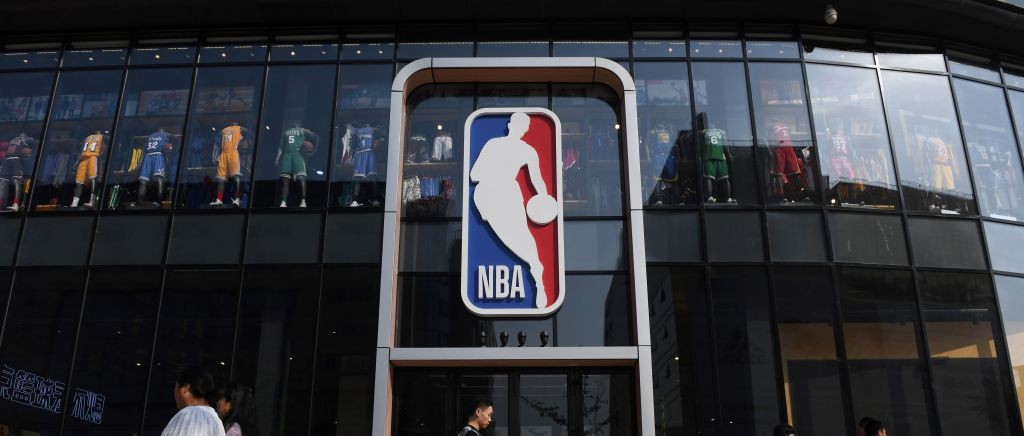
The NBA’s relationship with China has come under fire in the past year, beginning with the Chinese response to Rockets GM Daryl Morey’s tweet in support of Hong Kong protesters, which began a discussion of the ethical concerns regarding the league’s partnership with China.
The issues go well beyond Hong Kong’s protests, where citizens call for a full democracy after beginning as protests against an extradition bill that would have brought some criminal cases to mainland China, which many believed would lead to unfair trials and put journalists and others who have been critical of the Chinese government at risk. China is also under increased scrutiny by many as the country commits human rights atrocities in the Xinjiang region where thousands of Uighur Muslims are being detained in concentration camps.
The NBA, which operates a multi-billion dollar enterprise in China, has found itself as the public face of the ethical dilemma of U.S. companies — particularly those that have taken strong social justice stances — doing business in a country that actively suppresses its people. Morey’s tweet, which happened while the Lakers and Nets were in China preparing for exhibition games, and the subsequent response of the Chinese government, brought these issues to the national discourse. It also sparked an ESPN investigation into NBA China, particularly into its academies, one of which had operated in the Xinjiang region but the league says was closed in 2019.
According to the ESPN report that came out on Wednesday, a number of American coaches at these academies reported instances of players being physically abused by Chinese coaches and, in the Xinjiang academy where many players were Uighur Muslims, players being housed improperly and not being provided the education that was promised by the academy. The problem is that the league’s academies were in partnership with the Chinese government, which meant the NBA had minimal oversight into the operations of the academies and in being able to ensure they were operating as the league saw fit.
In an interview with ESPN about its findings, NBA deputy commissioner and chief operating officer Mark Tatum, who oversees international operations, said the NBA is “reevaluating” and “considering other opportunities” for the academy program, which operates out of sports facilities run by the Chinese government. Last week, the league acknowledged for the first time it had closed the Xinjiang academy, but, when pressed, Tatum declined to say whether human rights were a factor.
“We were somewhat humbled,” Tatum said of the academy project in China. “One of the lessons that we’ve learned here is that we do need to have more direct oversight and the ability to make staffing changes when appropriate.”
The recollection of coaches in the ESPN report include seeing coaches throw basketballs at players heads and “kick [a player] in the gut.” The story notes that there are cultural differences in how corporal punishment is viewed in China compared to the U.S., but for the NBA that only furthers the issues with agreeing to allow their name on these academies without having the ability to set ground rules for coaches on what is an is not appropriate within them.
The report offers a number of instances of physical abuse towards players and how a mixed response in terms of success in ending that abuse when those issues were formally reported to NBA China. The league operates a number of NBA Academies in various countries, including Mexico and Australia, and their stated goal is to provide a holistic experience for players, focusing on education as much as basketball. However, in China, the academies were operated in existing facilities as a partnership with the Chinese government, which of course severely limits the impact the league itself is able to have on how things run.
As such, the league now finds itself in a difficult situation where they are now understanding the serious problems that have arisen within the academies while trying to thread the needle of not seeing their multi-billion enterprise crumble by further upsetting the Chinese government — a problem they can only look at themselves for creating by agreeing to such a partnership.
